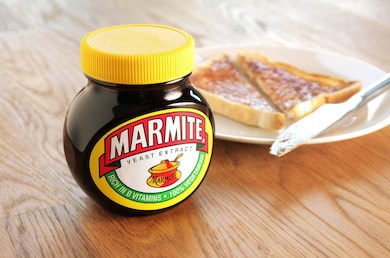When the world is a raging dumpster fire, one of the most productive actions we can take to save ourselves from the siren call of fatalism is to put on a brave face and focus on the things – often little things – we can control.
We need look no further than the microbreweries in our midst for real-world instantiations of that maxim, including the Sunshine Coast’s own 101 Brewhouse and Distillery, which in the early days of the pandemic took advantage of its distilling infrastructure to manufacture hand sanitizer.
The company’s proactive pivot allowed them to rehire staff while raising their profile and filling shortages on the Coast and beyond.
It’s a heart-warming lesson during brutal economic times.
But with that need filled, what’s left for the other great Sunshine Coast microbreweries?
I’d like to modestly – and not at all satirically – propose another opportunity as we head into the darker, dreary days of winter.
A couple of phone calls to grocery stores have confirmed a shortage I personally know all too well.
For the last several months, Sunshine Coast shelves have been barren of one of the greatest products ever exported by the U.K.
“The Marmite people will come looking for Marmite on a weekly basis,” Wilson Creek IGA manager Lisa Cummings told me.
“We could ask for Marmite every day,” said Neil Clayton, who’s been trying to chase down the yeasty spread for his namesake grocery store. “For the people that like it, they really like it, and it’s months since it’s been available.”
I’ve asked the corporate overlords at Unilever when we should expect its return but they redirected me to distributor I-D Foods, with no answers on timelines yet.
And forget replacements, said Cummings, “we can’t even get Vegemite.”
To be sure, a Marmite shortage is no great tragedy, but for those craving the spread, it’s comfort food lost when comfort’s in high demand.
So here, brewers, is the opportunity.
Marmite, as with all yeast spreads, is a byproduct of the brewing process. And beer has been a hot commodity over the past few months.
Data from B.C.’s Liquor Distribution Branch show domestic microbrew beer sales have been on the rise during the pandemic, hitting nearly $42 million in the second quarter of 2020, compared with $37 million over the same period in 2019.
Surely more beer means more byproduct at the ready. And as the grocery stores can attest, customers are at the ready, too.
Based on census data there’s at least 2,000 people of U.K. and Australian origin living on the Sunshine Coast, likely all rabid glutamate freaks, and then there’s the converts like me.
The specific Marmite recipe remains secret, so brewers could create a homegrown Sunshine Coast version, complete with a naming contest.
So what say you, Batch 44, Persephone and Tapworks? Do you have what it takes to be brave, pull a 101 Brewhouse and pivot your business?
While we can’t douse the dumpster fire, love it or hate it, manufacturing Marmite is something our microbrewers can control. Here’s hopsing they at yeast try.


